Hunting is a cherished tradition that many people love to be part of. Whether you’re a seasoned hunter or just curious, being out in the field is thrilling.
However, the requirements for hunting licenses can be confusing and vary depending on where you are. It’s important to understand these rules so you can enjoy the experience without any issues.
Here we break down the basics: the role of hunting licenses, whether non-hunters can join licensed hunters, and some tips to enjoy the experience while following the rules. This guide will help you understand everything you need to know before heading out with a friend who doesn’t have a license.
Understanding Hunting Licenses
Have you ever wondered why a hunting license is an important part of hunting?
A hunting license is basically a legal permit that lets you hunt certain animals in your area within guidelines. It makes sure that hunting is done safely and responsibly while helping to keep wildlife populations stable and preventing over-hunting.
The money you spend on your license goes towards conservation efforts, so future generations can enjoy hunting too, while keeping our ecosystems healthy. It’s a win-win; you get to hunt, and nature gets the support it needs for long-term sustainability.
In addition, the hunting license also acts as an educational tool. Many states require that hunters complete a safety or hunter education course before obtaining their license.
These courses cover everything from proper firearm handling to understanding animal behavior and the importance of seasonal regulations. By taking the time to learn these skills, you will be ready to hunt in the field.
Can You Go Hunting With Someone Without a License?
The short answer to whether your friend or family member needs a hunting license while simply following depends on what role they plan to take in the hunt.
Generally, if they aren’t handling weapons, carrying hunting gear, assisting in field dressing, or otherwise engaging in the hunt beyond merely observing, they often do not need a license.
General Rules
In many places, non-hunters can join a licensed hunter as long as they don’t participate in the actual hunting. But rules can vary by state, so it’s important to check local regulations first.
Some states allow non-shooters to simply watch, but they can’t handle the equipment or interact with the game. Even small actions, like dragging out a harvested animal or carrying gear, can count as participation.
Non-licensed companions shouldn’t carry firearms, bows, or any tools used for hunting. They also can’t help with tasks like tracking, calling or field dressing. The key rule is to stay out of the action. If your friend is just there to keep you company and isn’t helping with the hunt, you should be fine.
State-Specific Regulations
State laws on accompanying hunters without a license can be surprisingly different.
For example, in Wyoming and many other Western states, non-hunting companions are allowed to accompany a licensed hunter without needing their own license as long as they aren’t carrying any gear that could be considered “taking” equipment.
In California, discussions show that friends or family members may join you in a tree stand or in the hunting area, provided they don’t assist with tasks such as field dressing the animal or carrying firearms.
In Kansas, while many hunters said that non-participants can tag along, when involved in activities like helping to move a carcass, it could require a license if viewed as active participation.
Hunting is defined as “pursuing an animal with the intent to capture or kill.” In Utah, non-hunters must avoid actions like baiting, tracking, or transporting game.
For Alabama and Florida: Assisting a hunter (e.g., dragging a deer) may require a license, as these states classify such acts as part of the hunting process.
It is always essential to check local laws and regulations before inviting someone along. There might be different rules in public hunting areas or walk-in zones, where landowners can add their own restrictions. Always double-check the rules before you head out to hunt.
Hunting License Exemption
Aside from the rule that accompanying hunters don’t need a license, there are a few other conditions where a license isn’t required, whether you are involved in hunting or not:
In many states, specific licensing exceptions make hunting more accessible. For instance, in places like Texas, minors under 17 can hunt without a license as long as they are supervised by a licensed adult. Additionally, states such as Maryland and Georgia provide apprentice licenses, allowing first-time hunters to participate without having to complete a full safety course.
Moreover, rules differ between public and private areas. On public lands, non-hunters often need permits for activities like hiking or birdwatching; for example, Texas requires a Limited Public Use Permit for non-hunters on public hunting lands. However, hunters typically do not need permits or a hunting license to hunt on private land. Learn more: Can You Hunt On Your Own Land Without A License?
Tips for Non-Licensed Accompanying Hunters
Being out in nature with a licensed hunter is a great experience, but it’s important to be prepared and know your role to keep everyone safe and happy. Non-hunters need to be aware of the risks that come with being in a hunting environment.
Here are some practical tips to help you enjoy the trip while staying within the rules:
As a non-hunter, your job is to support the experience without getting involved in the actual hunt. This means enjoying the scenery, helping with simple tasks if asked, learning from others, and keeping an eye on safety.
With the right attitude and some preparation, you can have a fun and educational time in the field.
Preparation is key. Start by gathering the right gear to help you blend in safely and comfortably. Since many states require hunters to wear blaze orange or another high-visibility color during firearm seasons, it’s a good idea for you to do the same even if you’re not actively hunting.
Wearing such clothing not only keeps you visible to other hunters but also shows that you’re part of the group. Pack extras like a warm hat, sturdy hunting boots, and weather-appropriate layers because you will spend long hours under ever-changing conditions.
In addition to the appropriate clothing, consider what items you might need for a comfortable day out in nature. Bring along snacks and plenty of water, a first aid kit for emergencies, and even a pair of binoculars to help you enjoy the wildlife and scenic views.
You can help set up base camp, listen for directional information, or simply keep a lookout if requested, all without touching any tools involved in the pursuit of game. Remember to stay with the group at all times.
By keeping your role clear and sticking to these best practices, you can ensure that everyone has a positive, hassle-free hunting experience in the field.
- Stay Alert: Even as an observer, always be aware of your surroundings and the location of the hunting party. Watch for any changes, like someone stepping out of designated boundaries or unexpected movement.
- Avoid Handling Equipment: Do not pick up or carry any hunting tools, weapons, or field dressing equipment. This not only protects you from misinterpretation by officers but also keeps you safe.
- Dress Appropriately: Follow any recommended guidelines for safety clothing—if the situation requires wearing blaze orange, pink or another high-visibility color.
- Know Your Limits: If you feel unsure about the environment or encounter unexpected hazards, don’t hesitate to speak up or find a safe space away from the actual hunt.
- Keep Communication Open: Make sure you have a way to contact the licensed hunter or a designated emergency contact. A cell phone, a whistle, or another means of communication will be invaluable if any issues arise.
Conclusion
At the end of the day, being a non-hunter accompanying a licensed hunter on a hunting trip is all about understanding your role and respecting the rules set by local regulations.
By knowing what activities are off-limits, you can enjoy the adventure without any legal or safety issues. Remember, your job as a companion is to simply support and observe, making sure that the hunt remains safe and enjoyable for everyone involved.


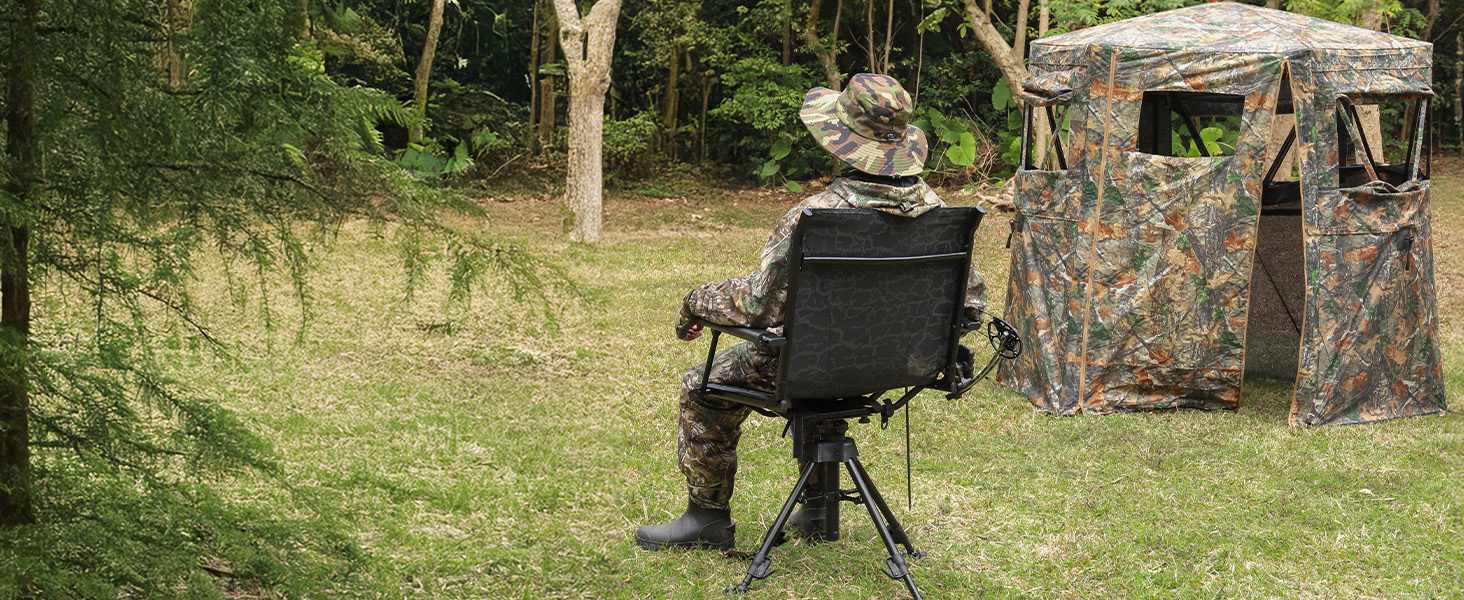
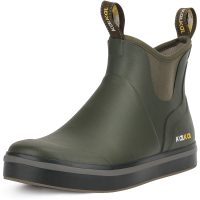

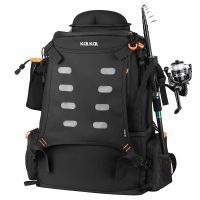
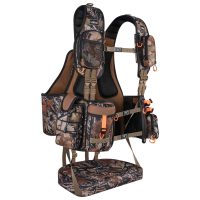
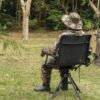
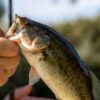
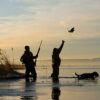
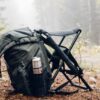
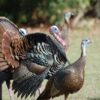
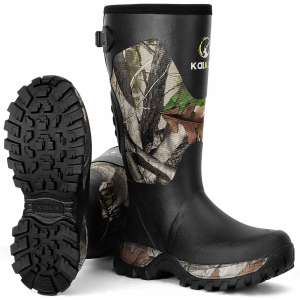
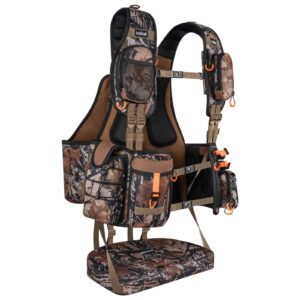
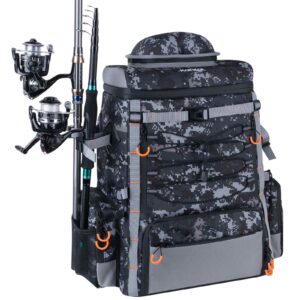
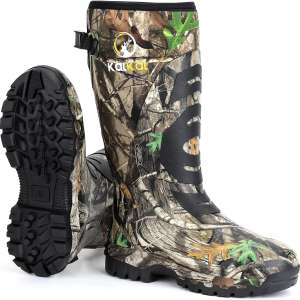
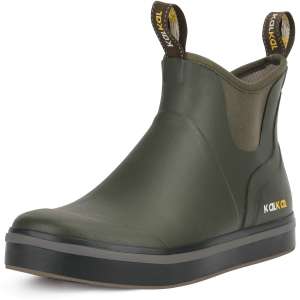

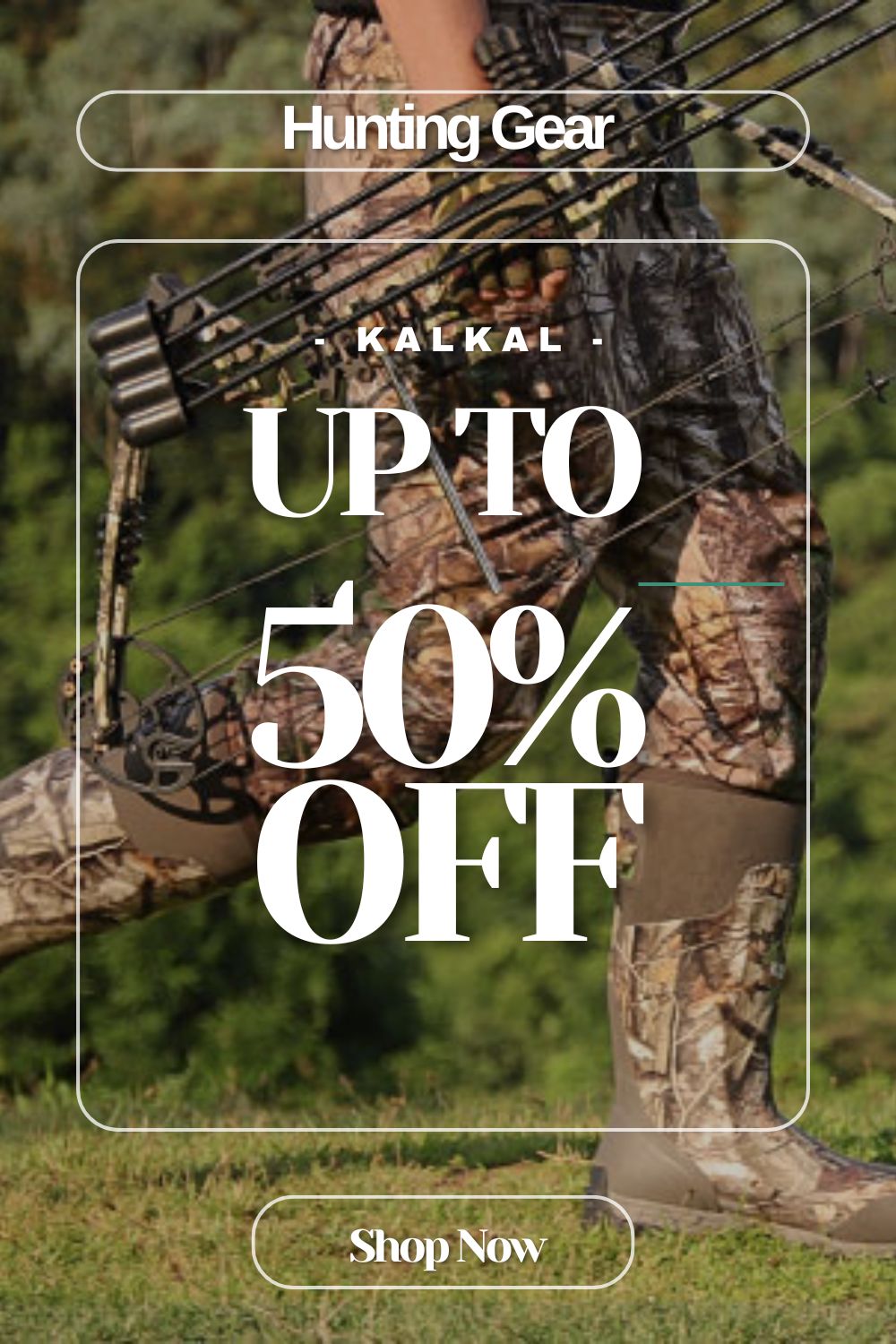

Leave a reply